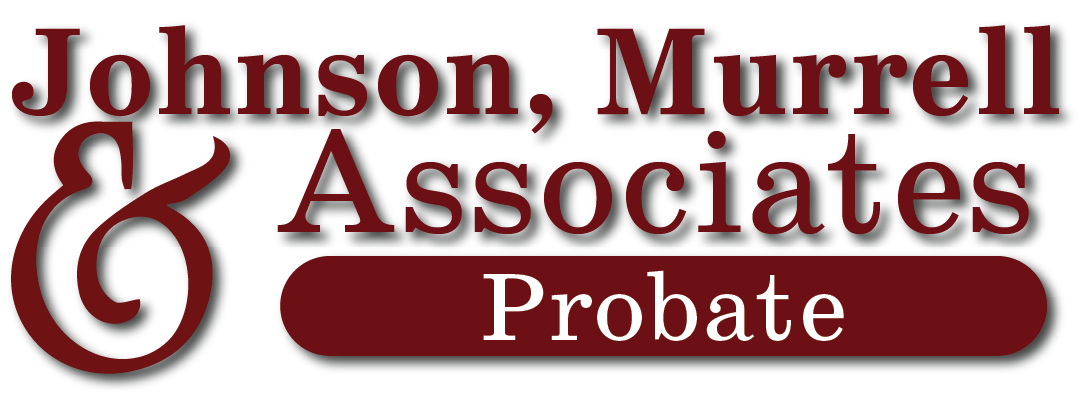If you’ve been named as a beneficiary in a will, you may be anxious to complete the legal process so that inherited assets can transfer to your name. But what if the executor does not probate the will?
It can happen for a number of reasons. Maybe the original will was misplaced or created so many years ago that the named executor has since lost touch with the decedent’s family. Or, perhaps family members came to a verbal agreement about how to split up the property but never took the formal step of probate, and now—years later—that decision is creating issues.
Should you find yourself in a situation where a will has not entered into the probate process and an executor is neglecting their duties, you have options.
What Happens During the Probate Process?
Probate is the legal process of finalizing a person’s affairs once they have passed away. It can be helpful to think of the probate process as a road trip. During your journey, there are planned stops where you will meet certain obligations required by the probate court.
This includes:
- Finalizing the decedent’s financial affairs
- Settling outstanding debts and taxes
- Distributing assets to beneficiaries
In most probate cases, the process begins with validating the will and appointing an executor or personal representative to oversee the deceased’s estate. Although this typically happens within the first 30 days after death, Tennessee doesn’t have a time limit to file probate.
Once the will has been filed with the court and validated, the executor will pay off any remaining taxes or debts. The remaining assets can be distributed to the beneficiaries once all other obligations have been met.
Learn more about the Tennessee probate process.
What If the Executor Does Not Probate the Will?
Failure to probate a will can have consequences for everyone involved. This includes:
- Losing control of the estate
- Prolonged delays in beneficiaries receiving assets
Failure to probate a will can cause the executor to lose their position, leaving the court to appoint a representative to oversee the estate rather than the person identified in the will. In cases like these, beneficiaries may find themselves dealing with a person who doesn’t have the deceased’s intentions at heart.
Prolonged delays are another common issue when a will isn’t submitted. Heirs may not feel the effects immediately, but, down the line, it can become legally problematic when assets are still titled in the deceased’s name. Neglecting to probate a will can cause financial hardship for beneficiaries and expose the estate to mismanagement.
Legal Consequences for Executors Who Don’t Probate Wills

While you won’t face criminal charges if you fail to file a will in probate court, that doesn’t mean there are no consequences. In some cases, the court may remove you as executor and replace you with a personal representative.
In extreme cases, you may be held personally liable by the beneficiaries in a civil lawsuit. In cases like these, you can face as many civil suits as there are beneficiaries. The cost of damages can quickly add up in these situations along with court costs.
Learn more about what happens if you don’t probate a will in East Tennessee.
Why Would an Executor Not Probate the Will?
Executors of estates are often beneficiaries themselves, which can make the idea of them not probating last wills and testaments surprising. However, there are some reasons why an executor may choose to go this route.
A named executor may fail to probate a will if they:
- Are unable to perform their duties
- Have moved away, making it difficult to attend court
- Do not want the responsibility
Choosing an executor who can reliably oversee an estate is a crucial part of estate planning. It’s essential to know how to choose an executor as well as steps you can take to ensure the probate process runs smoothly.
Learn who the parties are in an estate for a faster probate process.
What To Do If the Executor Doesn’t Probate the Will
There are key steps you can take if an executor doesn’t probate the will. These include:
- Talking to them
- Consulting a probate attorney
- Requesting a replacement

Communicating with them can be a good first step if the executor isn’t fulfilling their duties. Delays aren’t always malicious. In some cases, it may be due to other valid reasons such as administrative delays. By reaching out to the executor, you can clarify the situation and work toward a solution.
Sometimes communication may not resolve the issue. In these cases, it’s best to talk to a probate attorney. This is especially true if you suspect that the executor is deliberately avoiding their responsibilities. The knowledgeable and experienced team at Johnson, Murrell & Associates can provide much-needed guidance to move your case forward.
Requesting a replacement may be necessary if the executor continues to neglect their responsibilities or acts against the best interests of the estate. In most instances, this involves filing a motion with the probate court along with evidence of incompetence or misconduct. Our team at Johnson, Murrell & Associates can help you with this process as well.
Do you need help with a non-compliant executor of an estate? Contact us today to schedule your free consultation!
Probate is when a deceased person’s final wishes are legally carried out. Executors are in charge of overseeing this process, but there are times that they may never probate the will. This can happen for a number of reasons, including being unable to perform their duties. To solve this issue, it can help to talk to the executor, consult a lawyer, or request a new representative.
At Johnson, Murrell, & Associates, we understand that handling a loved one’s estate and bills after their passing is an emotional, stressful experience. Our job is to make your life easier, which means guiding you through the process so you understand what’s to come. To schedule a consultation, call us at 865-453-1091 or schedule an appointment.



